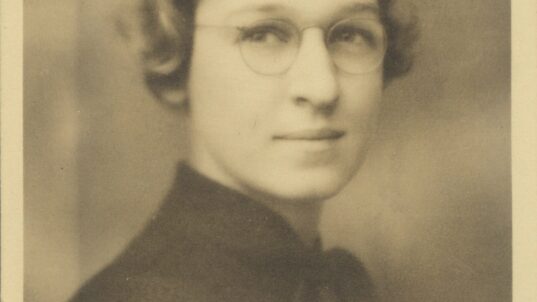In August, 2013, the Interactivity Foundation conducted a workshop at the annual American Sociological Association meeting. More than 35 people attended. They had a chance to learn the IF classroom model by participating in brief versions of the discussions which characterize an IF classroom. In an IF classroom, students take turns facilitating a series of discussions over the course of a semester, working with a consistent team of 6 – 8 fellow students. They begin by listing concerns they have about their topic of discussion, and then move to articulating policy-related questions extending from that list of concerns. The group responds to those questions by developing at least four conceptual policy possibilities that address the group’s key concerns. Once each group has a set of policy possibilities, they consider the potential consequences of implementing those policies. The course concludes with each student group presenting their sets of concerns, policies, and consequences to the rest of the class so that the groups can explore what the other groups developed within their discussions. The IF approach tends to work best in classrooms with 40 or fewer students and can be adapted to meet a wide range of disciplines and teaching styles. We regularly conduct trainings throughout the country– at conferences and for individual schools and programs. If you would like to talk with us about how we might help to train faculty at your institution (including those working within online classroom settings), please contact Suzanne Goodney Lea, Ph.D., a Fellow and our Education Coordinator.



